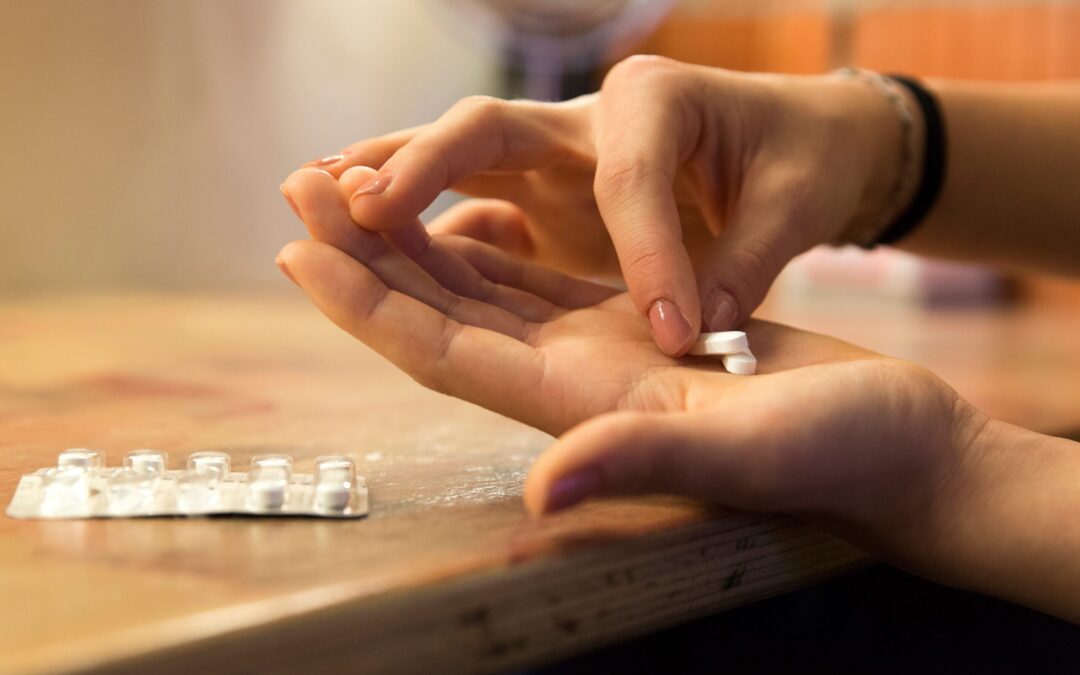What is Ritalin?
Ritalin is a stimulant medication that affects the central nervous system in a way that helps people with ADHD. Ritalin comes as small pills with the imprint of its pharmaceutical co, Ciba engrained on the front. The dosage is color coded as follows: 5 mg pills are yellow, 10 mg pills are green, and 20 mg pills are white and yellow.
Almost 10% of children in the United States are currently diagnosed with ADHD, and currently this number is continuing to rise. Although Ritalin and other ADHD medications can help someone that actually has a problem with ADHD, it can have the opposite effect on people without a problem. The high that people can feel from this medication keeps them coming back for more.
How does Ritalin Work?
Ritalin is often used as a performance enhancer because of the way that it effects the central nervous system. Ritalin creates a high for its users that can last sometimes several days after the initial dose. It takes several days before Ritalin leaves the body.
Ritalin & the Nervous System
ADHD medications & stimulants work in the brain by increasing the effects of dopamine and norepinephrine on the neurotransmitters of the brain. The effects of these increased monoamines are increased attention span and aggregated motivational circuits; a heightened cognitive ability and an increase in physical abilities are the results of stimulants such as Ritalin.
Ritalin Misuse & Side Effects
Ritalin can cause the following side effects: high blood pressure, increased heart rate, nervousness, restlessness, agitation and more. If you have a problem with Ritalin you may experience any of the following symptoms: uncontrollable movements, muscle tightness, dizziness, shortness of breath, seizures, hallucinations, changes in mood.
We see many college students and professionals that started using stimulants because of the increased cognitive function that comes as an effect of these drugs. Eventually, the body builds up a tolerance to the drug and a higher dosage is then required to fulfill the same effects as before. A Ritalin addiction can be easily developed if the user is not careful with it.
Signs and Symptoms of Ritalin Abuse
When you suspect that you or someone you know may be suffering with Ritalin addiction, you need to understand the signs of abuse and watch out for them. Signs and symptoms of Ritalin abuse include the following:
- Reduced appetite and weight loss.
- Agitation.
- Pupil dilation.
- Dizziness/feeling faint.
- Fatigue.
- Depression.
- Headaches.
- Sweating.
- Insomnia.
- Impaired vision.
- Rapid heart rate.
- Stomach pain.
Quitting Ritalin
It can be very difficult to quit taking Ritalin on your own. Addiction Treatment Facilities and addiction treatment programs are the safest route when trying to deal with Ritalin addiction. The detox and withdrawal period from Ritalin Addiction can cause severe depression and suicidal thoughts. There are many types of addiction treatment facilities that can help you overcome your prescription drug addiction. Depending on your level of addiction and availability you can work your way through various addiction treatment programs:
Ritalin Detox
Ritalin detox can be very difficult on you both physically and mentally. Because the detox process from Ritalin can be dangerous, it is imperative that you have medical supervision when trying to overcome this prescription drug abuse.
Inpatient Rehab
Inpatient rehab is the next step you should take after detoxing. An inpatient drug rehab facility will provide 24/7 medical staff for the length of your stay. In this environment, you can expect to learn coping mechanisms from a team of qualified medical professionals and therapists. You will be in a comfortable, safe, and controlled environment where you can focus on investing in your personal health & addiction recovery process. In this setting, you can utilize medical staff and therapy groups to address any triggers you might have that cause you to abuse prescription medications.
Outpatient Rehab
Outpatient rehab programs are a great option for the busy individual because they don’t require 24/7 treatments & monitoring. Instead, these programs allow you to attend therapy groups around your busy schedule. Normally, we would recommend that you attend an outpatient rehab program after you successfully compete detox & inpatient rehab treatment, for maximum efficacy of drug rehab treatment.

